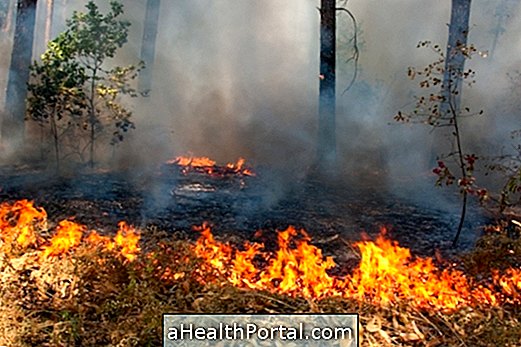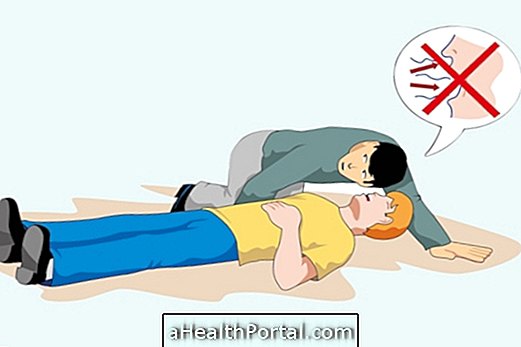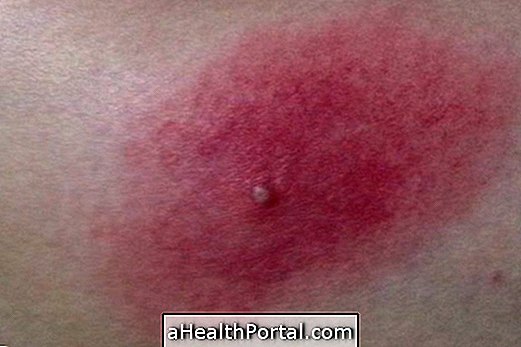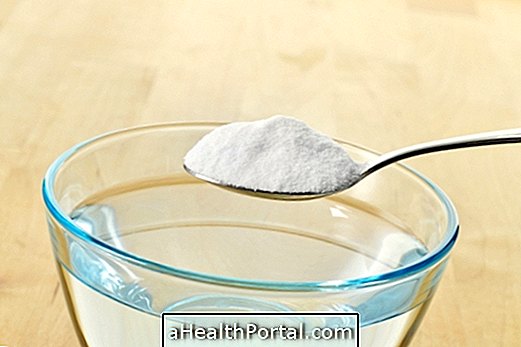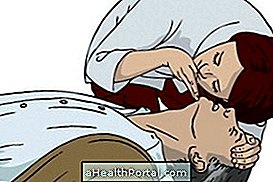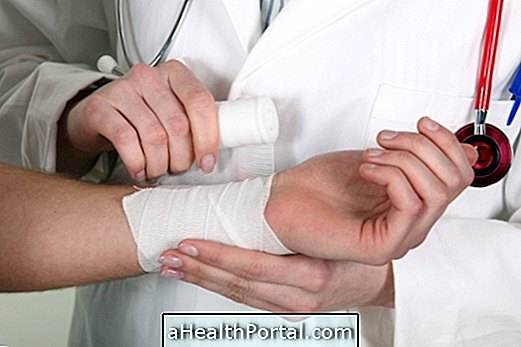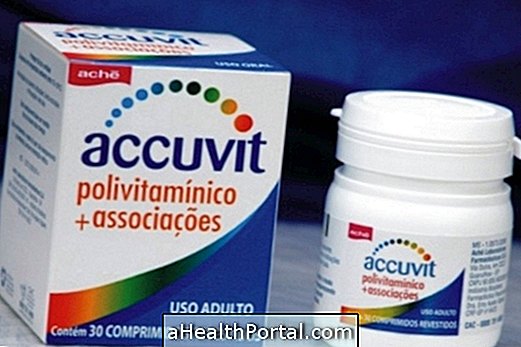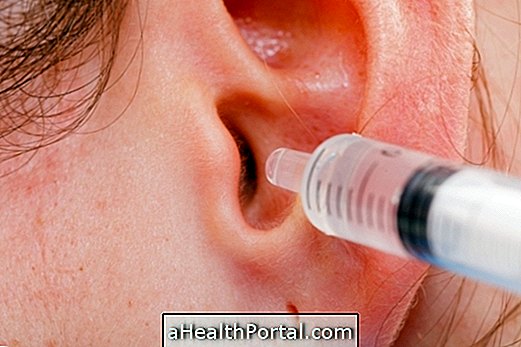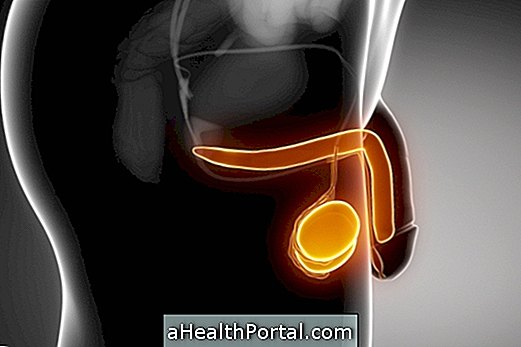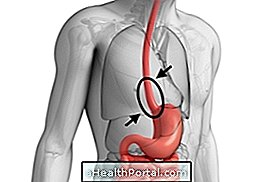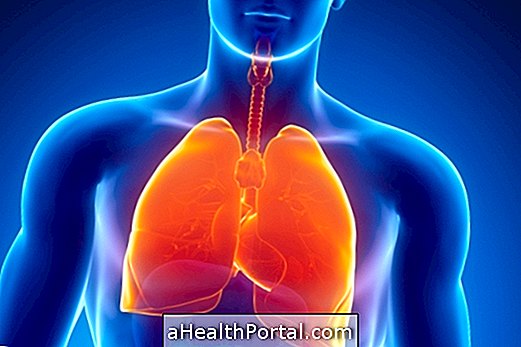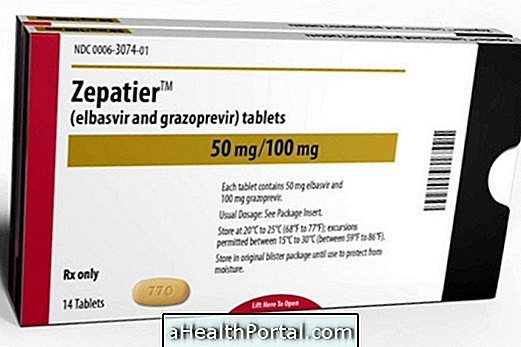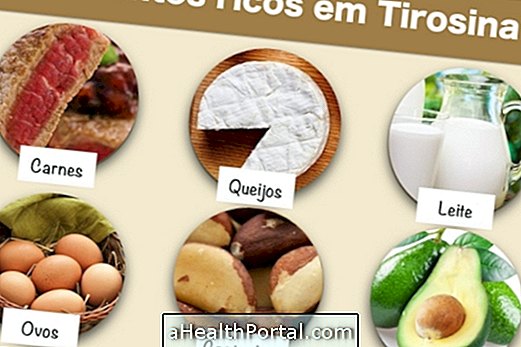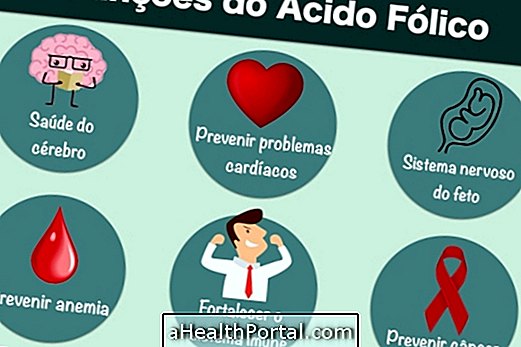First aid for acute myocardial infarction helps to reduce the sequelae, or save the life of the person suffering from the episode. For this it is recommended to recognize the symptoms, calm and leave the victim comfortable, and call an ambulance, calling the SAMU 192 as soon as possible.
A heart attack can affect any apparently healthy person, but it is more common in older people or with serious illnesses, such as Parkinson's or untreated cardiac arrhythmia.
Steps to follow in case of cardiac arrest
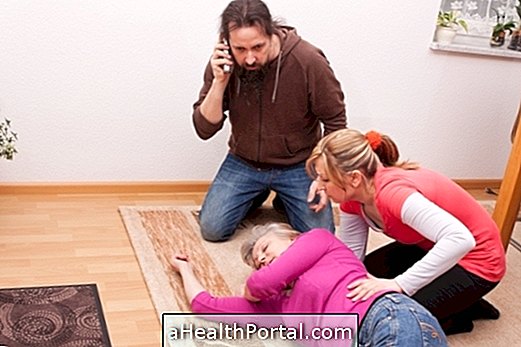
To better understand how to deal with a heart attack situation, even when alone, it is recommended to follow the following steps:
1. Recognize the symptoms
A person suffering from an acute myocardial infarction may have the following symptoms:
- Chest pain, burning or tightening, which may radiate to the arms or jaw, intense or lasts for more than 20 minutes;
- Nausea or vomiting;
- Cold sweat;
- Shortness of breath;
- Palpitations.
In addition, there may be severe dizziness and fainting.
2. Call an ambulance
After identifying the symptoms of infarction, it is recommended to call the ambulance by calling SAMU 192, or for private mobile service if you prefer.
3. Calming the victim
In the presence of symptoms, the affected person may become very anxious or agitated, which may worsen the symptoms and severity of the condition. It is recommended to ask the person to breathe deeply and calmly, to ask that very close people move away, avoiding crowds of people.
4. Loosen clothing
It is recommended to avoid pinching, such as belts or buttons, and if possible, it is preferable to leave the victim sitting or lying down in a quiet, ventilated area.
5. Offer 2 aspirin tablets
Aspirin tablets (ASA) are recommended if the patient has never had a previous infarction and is allergic.
It is also recommended to take some brief information, such as diseases that have or use a heart medication, because when the victim has a history of infarction, the cardiologist may have prescribed a nitrate tablet, such as Monocordil or Isordil, to be used in emergencies. Therefore, aspirin should be replaced with this tablet.
6. In case of fainting, lie down and observe the vital signs
If the victim passes out, lie down in a comfortable position, with the belly up or on the side, always checking for the presence of heartbeat and breathing.
However, if the victim's heart stops beating before medical help arrives, it is important to start cardiac massage until the ambulance arrives or until the heart is beat again. Check out the step-by-step how to do cardiac massage by watching this video:

People with a heart attack also have an increased risk of developing strokes, especially hypertensive, diabetic people who have high cholesterol or who smoke, and some of the symptoms they may have in this case are weakness in one's body or face or difficulty talk, for example. Check out also the first aid for stroke.
